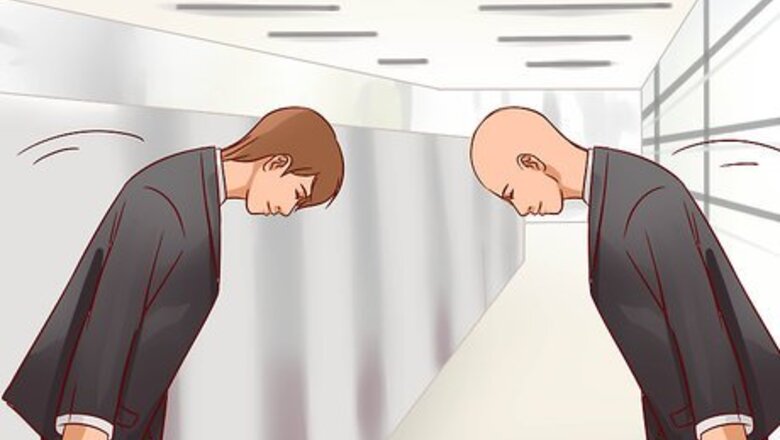
views
Understanding Body Language
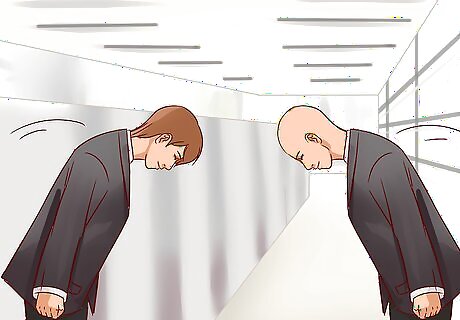
Keep physical affection to a minimum. Whether it is romantic or platonic, make sure that you keep a respectful distance. Handshakes are becoming more common; however, if other people are bowing or nodding, do that instead. It is never appropriate to touch anyone on top of the head. Even children and infants’ personal space should be respected.
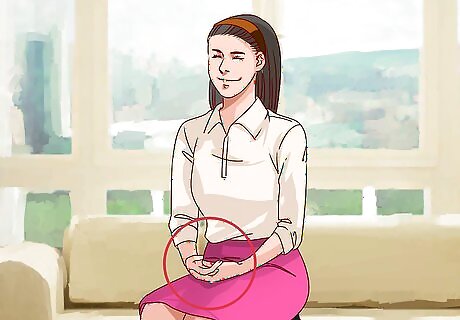
Keep your hands either in front of you or in your lap. The American tendency to spread out with the arms and elbows is considered rude. People in Taiwan prefer their personal space-- it is even considered rude to take a bus seat facing someone rather than an open seat that faces forward. This applies to legs as well. Keep your feet on the ground, and do not cross your legs in an obtrusive way.
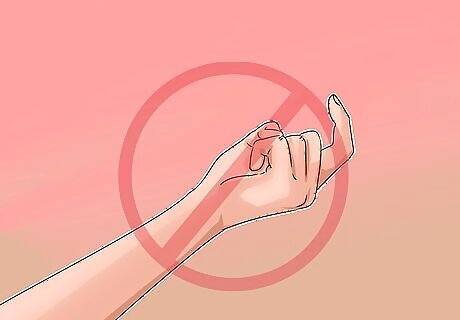
Do not beckon or point with your index finger. Point and beckon with an open hand, with your palm facing toward the ground or to the side. Beckoning with an open palm to the sky is considered rude or bad luck. This may not seem like a small point, but Taiwanese people are quite offended by it. You may also be surprised at how often you do it.
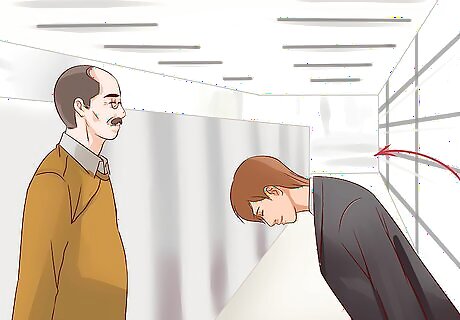
Greet the elderly formally. Greet them first, and always follow their cues-- if they do not put their hand out to shake, do not attempt to shake their hand. Put your right hand on top of your left fist and raise both hands to your chest. You can also bow. Hierarchies are very important in Taiwan, and the elderly garner the most respect. Always pay attention to their needs and never invade their personal space unless asked.
Having Polite Interactions

Always bring your host a gift. In business situations, do not be afraid to be generous. The concept of a conflict of interest does not extend to gifts. If you are the guest of a group, it is polite to bring many small gifts. Expensive alcohol and tea are safe gifts, especially at a dinner event. If you decide to get your hosts another item, make sure that you have multiple.
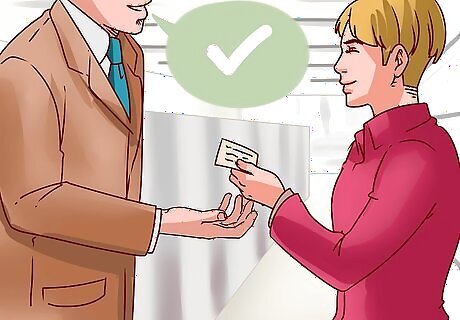
Respond to invitations with invitations of your own. Always follow through on your plans. If you cancel or forget plans, most Taiwanese people will be very offended. It is typical in American culture to cancel on plans, but it is considered very rude in most Asian countries. Avoid casually mentioning that you should get together or have lunch. If you intend to follow up, pick a date and time to assure that you follow through.

Respond to questions with similar questions. It is considered polite to show interest in other peoples’ personal lives. Questions that may seem overly personal in Western culture can be considered normal in Taiwan. If you are unsure of what to ask, it is okay to repeat questions that you were asked. If you are asked an overly personal question, do not become uncomfortable.
Using Simple Phrases
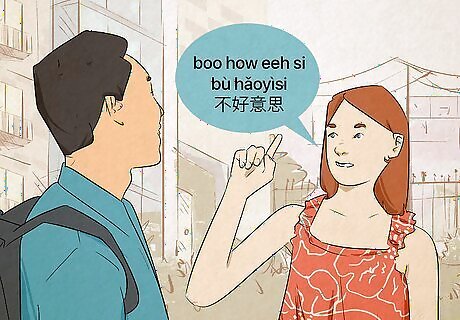
Excuse yourself by saying "bù hǎoyìsi" (不好意思). This is pronounced "boo how eeh si". As a foreigner, you will need to excuse yourself often. If you do not speak the language, excusing yourself in the language is even more important. Use the Taiwanese that you know to assure that no one is offended.
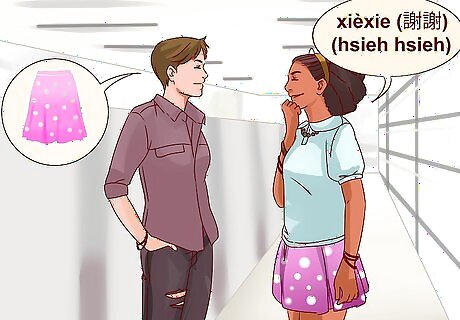
Give thanks by saying "xièxie" (謝謝). This is pronounced "hsieh hsieh". In Taiwanese, it is also "Do (pronounced like “dough”) sha. If you are in a formal situation, it is also appropriate to say "Xièxie nĭ/nĭn".
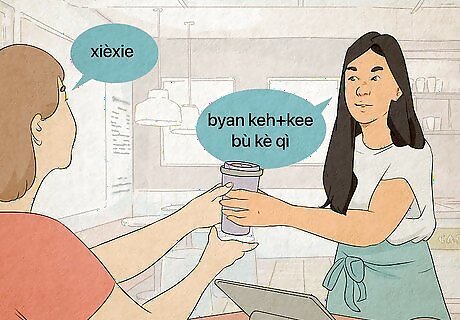
Say "you’re welcome", by saying "bù kè qì. This is pronounced "byan keh+kee". Politeness is valued, so people may be thanking continually over small kindnesses. Be sure to complete the ritual by acknowledging their thanks.




















Comments
0 comment